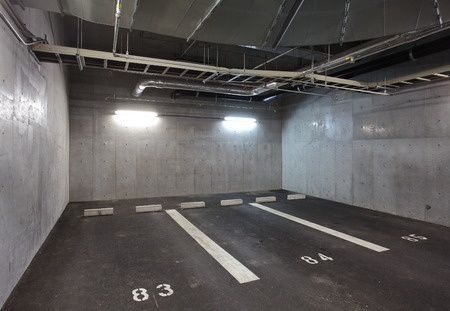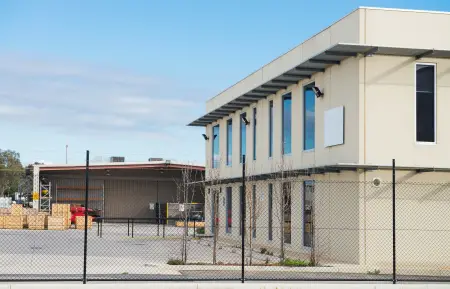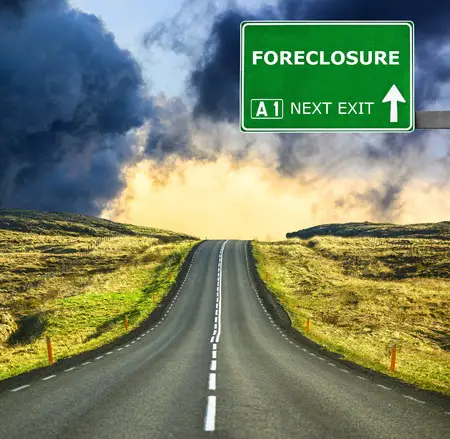Are Parking Spaces a Good Investment?
What Makes a Good Investment
To me, a good investment is something that either generates consistent cash flow or appreciates in value over time (or preferably both).
Parking spaces are an interesting and very unique type of real estate investment.
In some cities like New York and San Francisco, parking is at such a premium that individual spaces can sometimes sell for upwards of $80,000. That’s right, a standard parking space in a parking garage. Even in cases where you cannot split off the parking space and sell it individually, you can sometimes see differences in similar units, one of which has two parking spaces and one of which does not have any, of $200,000 or more.
From an income standpoint, parking spaces are routinely listed in San Francisco neighborhoods like Russian Hill and Nob Hill at prices of $300 to $400 per month.
Estimating taxes at 1.5% of an $80,000 purchase price and no other expenses, the total expenses might be $100 per month. If you could pull in a $400 rent, that would be $300 in profit per month or $3600 per year.
That is a 4.5% return, which sounds paltry, but the people buying these spaces as an investment are probably comparing it to buying residential real estate in San Francisco. They probably see these 4 advantages:
Advantages of Parking Spaces vs. Residential Real Estate
1.) Superior Yield – residential real estate in SF generally yields less than 4.5%. As an example, you could not buy an $800,000 condo and lease it for a $3,000 per month profit (to get this much profit, you would probably have to have it leased at $5,000 or more before paying condo fees and taxes.)
2.) Lower Entry Point – land value in San Francisco is sky high. It is not uncommon to see a tear down sell for $1 million or more due to the land value. While a parking space probably cannot be financed, even using an 80% loan-to-value ratio, you will be hard-pressed to find anything you can buy in San Francisco for $400,000.
3.) Not Management Intensive – unlike managing residential rentals, parking spaces are not management intensive. They just sit there. They don’t require a lot of repairs. If someone stops paying, you can probably just have them towed and not have to deal with taking them to court, paying them with cash-for-keys, etc. and all the other tenant-friendly nonsense.
4.) Avoidance of Rent Control – rent control and the threat of rent control is the biggest enemy of residential landlords. While rent control may require a residential landlord to lease a unit for below market value, it is politically far less likely to affect someone who is just leasing the spot to somebody else’s car.
Parking Space Investing is Risky
Of course parking spaces do not come without risks. You would have to own a very large number of parking spaces to generate a substantial income, and owning a lot of anything brings on management responsibilities and unforeseen problems.
There is no guarantee that parking spaces will appreciate in value. They probably were worth more money in 2007 before the recession, than they were worth in 2016.
Also, self-driving cars and on-demand car services like Uber and Lyft could significantly change the American public’s appetite for car ownership and on-site parking.
If you could just get out of your car and the car could park itself, then would it really need to be parked on property?
Could it not drive 5 minutes away (or 20 minutes away) to another location and park itself?
Will you even need a car if you can push a button and a self-driving car will appear?
These are tough questions that no one really has the answer to. If you guess right, you might have a nice income stream on your hands that can be sold for more money down the road. If you guess wrong, you might have bought a depreciating asset that hopefully throws off enough money up front in order to make up for the decline in real value when you liquidate the investment.






